Our contribution to the UN's Sustainable Development Goals
The 2030 Agenda for Sustainable Development, which was adopted in September 2015 by the member states of the United Nations, is an action plan for people, planet and prosperity. It includes 17 Sustainable Development Goals (SDGs) and 169 targets. They balance the three dimensions of sustainable development: economic, social and environmental. They rely on partnerships, thus requiring everyone to work together: business, governments, NGOs and civil society.
As early as 1972, Danone acknowledged the environmental and social impact of our business on the planet. Danone’s pioneering approach, embodied in its dual project, has led the way for the current mission to Bring Health Through Food to as Many as Possible and to enshrine the principles of co-creation, local relevant offerings and continuous improvement.
How we contribute to the UN’s Sustainable Development Goals
As a large food and beverage company, Danone has a role to play in advancing towards the SDGs. In line with our mission to “bring health through food to as many people as possible” and our dual socio-economic project, we have decided to direct our efforts towards and actively contribute to several Goals on which our activities have the most material impact.
Nevertheless, the framework of the SDGs and the associated targets also steer our broader thinking and actions on how we source, produce, operate and sell our products.
Our key areas of focus are as follows:
Based on the products Danone sells under our businesses:
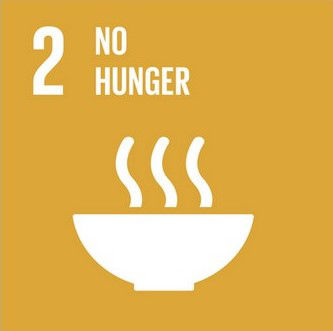
SDG 2 ZERO HUNGER
Through ensuring access to safe and nutritious food, and ensuring a sustainable food production system.
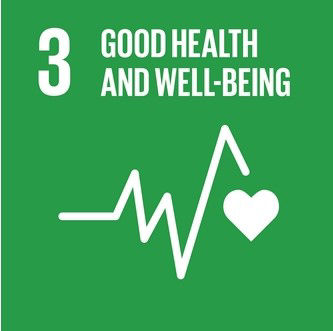
SDG 3 GOOD HEALTH AND WELL-BEING
By ensuring that we provide the best nutrition and hydration, through the overall range of our product categories, for all stages of life.
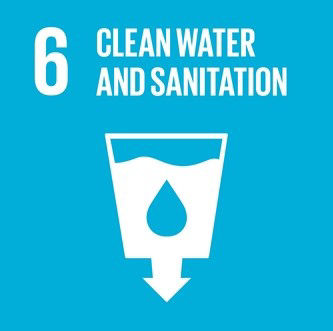
SDG 6 CLEAN WATER AND SANITATION
By helping as many people as possible access safe drinking water, improving water quality and efficiency, as well as protecting water-related ecosystems.
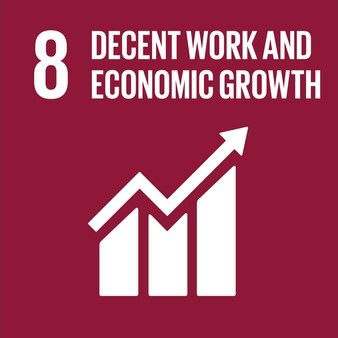
SDG 8 DECENT WORK AND ECONOMIC GROWTH
By promoting inclusiveness, as well as a safe and secure work environment for all, which fits with our ambition to foster inclusive growth.
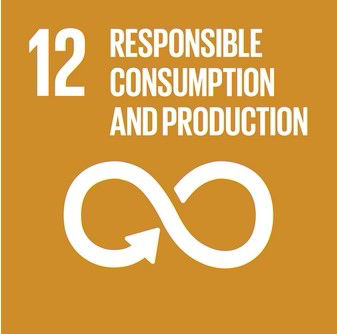
SDG 12 RESPONSIBLE CONSUMPTION AND PRODUCTION
By focusing on better waste and natural resources management, in line with our commitments for a more circular economy.
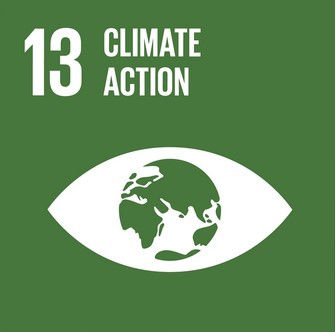
SDG 13 CLIMATE ACTION
By contributing to the fight against climate change notably by committing to achieve net zero emissions along our value chain by 2050.
Danone also contributes to the remaining SDGs on which our activities have a moderate or indirect impact.
